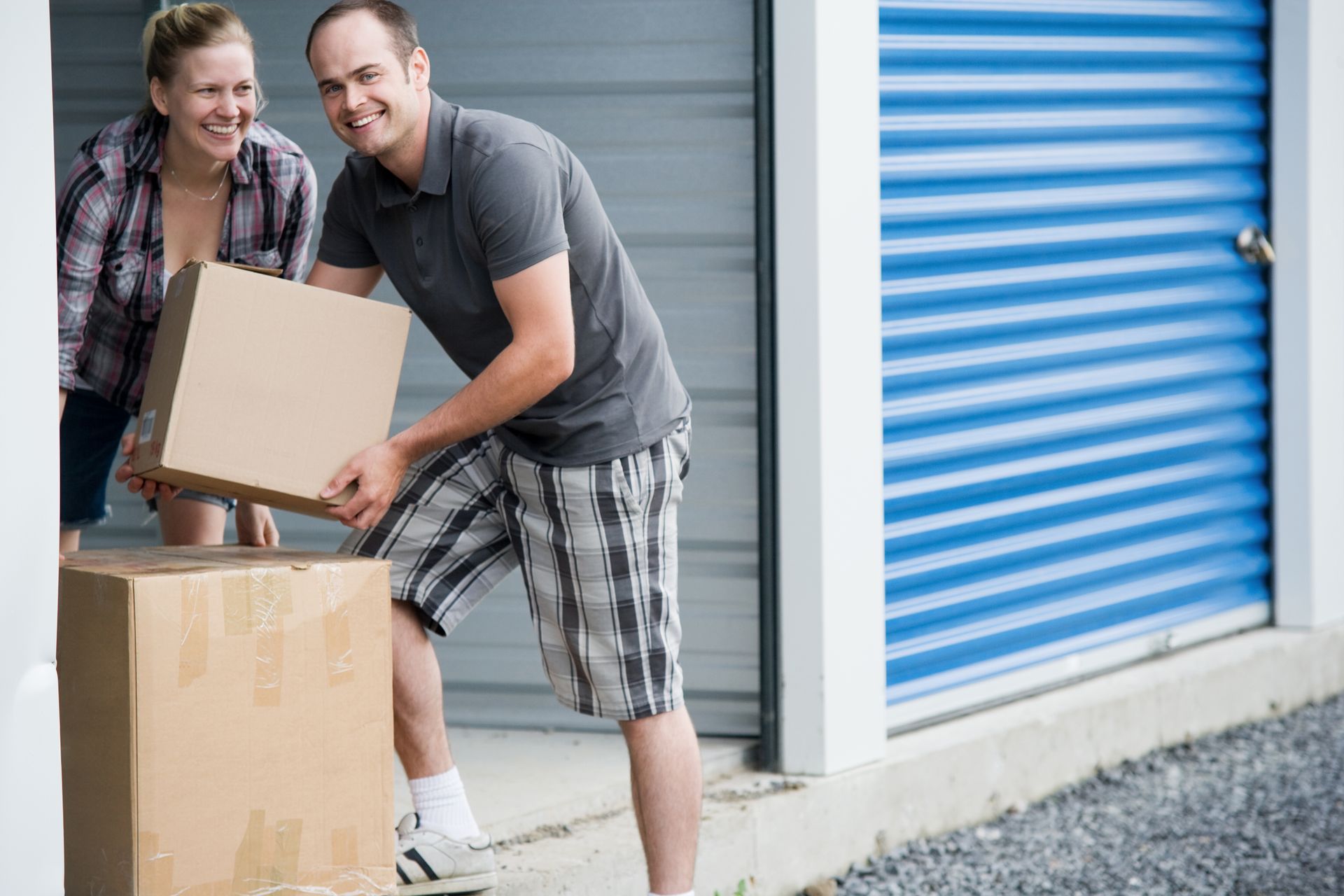Cardinal Self Storage - New Website
CARDINAL SELF STORAGE - NEW WEB SITE GOES LIVE
WELCOME...EVERYONE!!!....to our brand new website; https://www.cardinal-self-storage.com (yes...you need to include the dashes). We went live on January 12, 2020!!!! This is a new beginning for us with a new hosting company and SEO companion. We look forward to doing very nice things for our customers to provide excellent self storage for your personal and commercial needs with the help of the Thryv Media Company.
Getting the Word Out
By working with Thryv, we are working toward getting a more visible result when customers search for Self Storage in Anderson, IN. Our information will be spread over multiple platforms and social media to lead everyone to our website and thus to my wife and I (Kathy and Gary Collard) so that we can provide you with the best in self storage to meet your needs.
Cardinal Self Storage Specials
Don't forget to check out our Specials by clicking on the starburst icon on the opening page of the website. At the moment, our most prominent special is to provide a MONTH'S FREE RENT. Our new customers qualify for this discount by paying for the first full month's rent and then get the second full month FREE. Also, don't forget that all Active Military get a 10% discount in addition to the Month's Free Rent discount.
Celebration
That's all for now; just a short blurb to celebrate our new website. Information in the near future will have some helpful hints on packing and storing your personal items.













